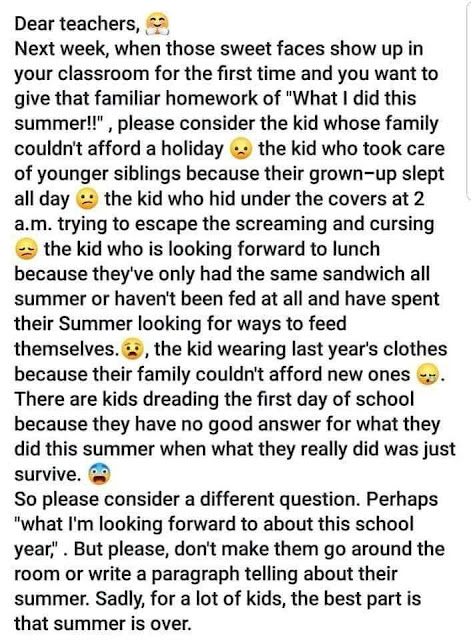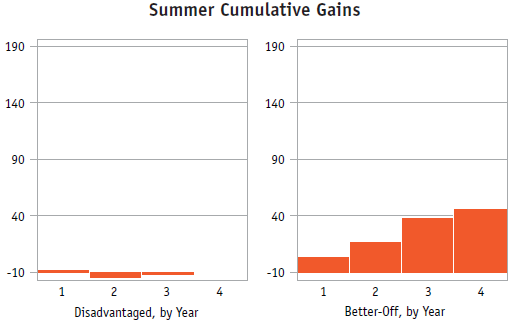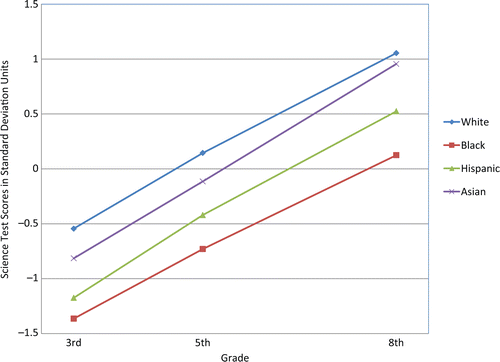We Should Not Confuse Equity With Equality

What the Parent-Teacher Organization in my daughter's elementary school is doing is definitely commendable. Before school starts, all students will be provided school supplies. Not all students in this school probably need this help, but providing this to all eliminates the need to identify those who are privileged and those who are not. This is what happens when everyone is treated equally. Above copied from Mason Crest Elementary We must, however, not confuse equality with equity. Equity still requires that we identify children who are in need, and provide something extra for them.




